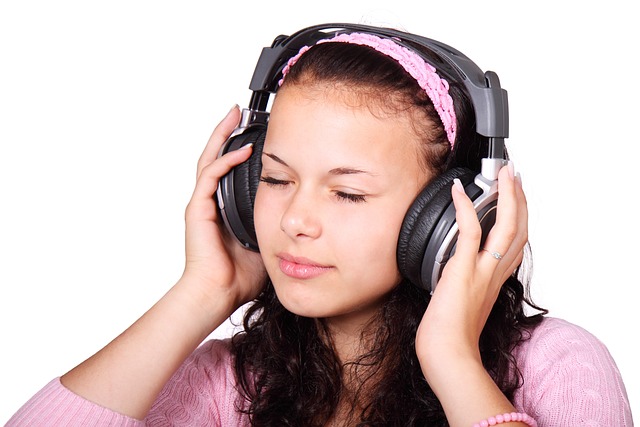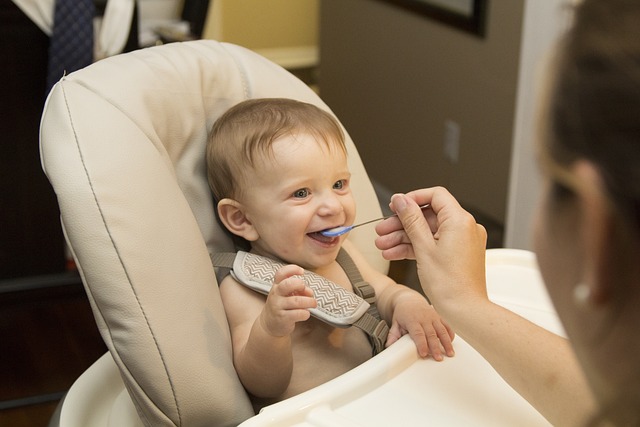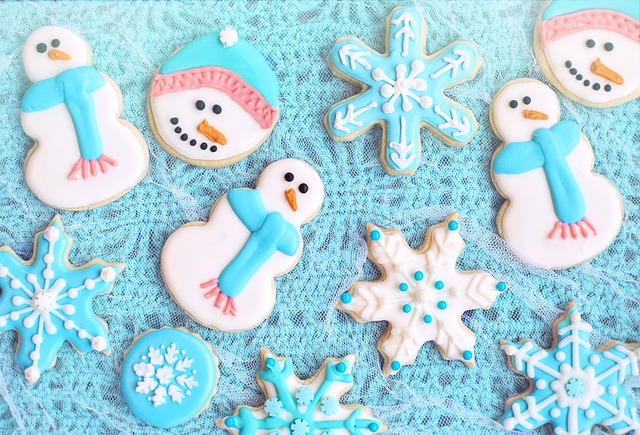
The Impact of Exposure to Noise on Children’s Hearing
The American Academy of Pediatrics (AAP) is warning parents to pay more attention to noise in their everyday activities. Not only can environmental noise, such as traffic noise, or a television playing in the background, affect learning, sleep, and quality of life, chronic noise exposure can harm hearing in infants, children and teens. Common sources of indoor noise include appliances, infant sleep (white noise) machines, video games, toys, and televisions. Personal listening devices are being used more frequently, even by young children. The concern is not only with the volume of the noise, but also how long and how often children are exposed to noise. Children are more susceptible to harm because their hearing system is still developing. Additionally, the



